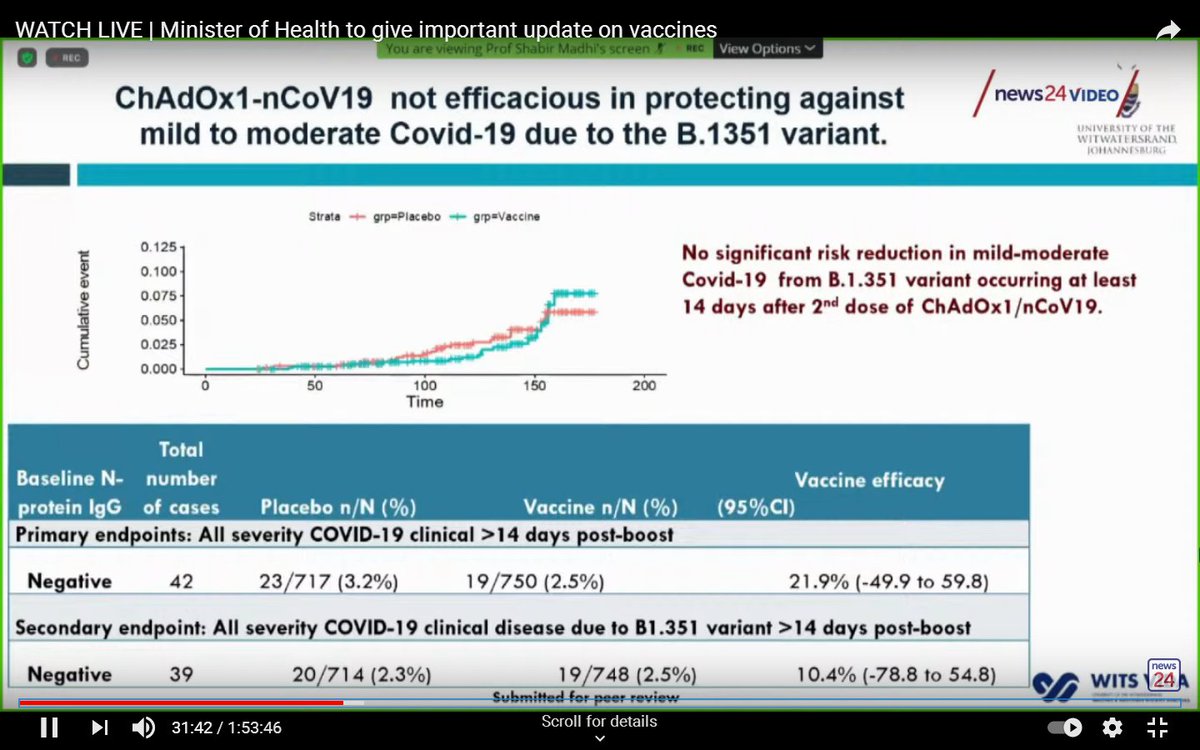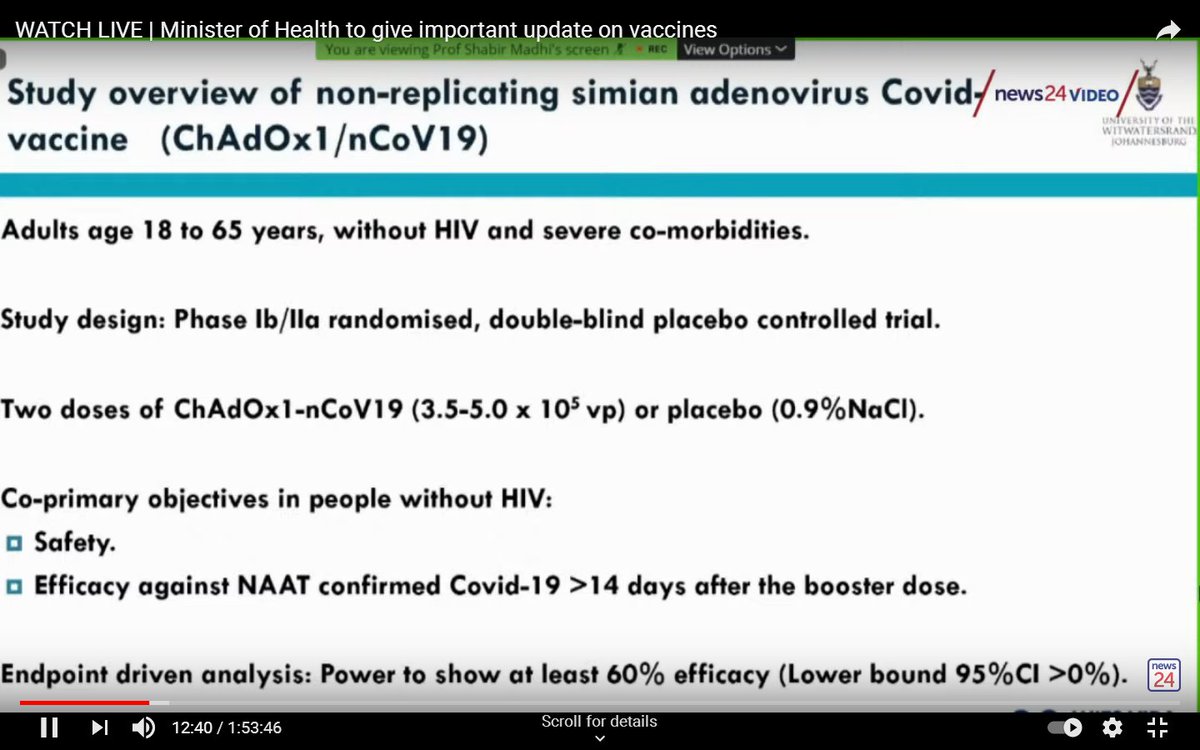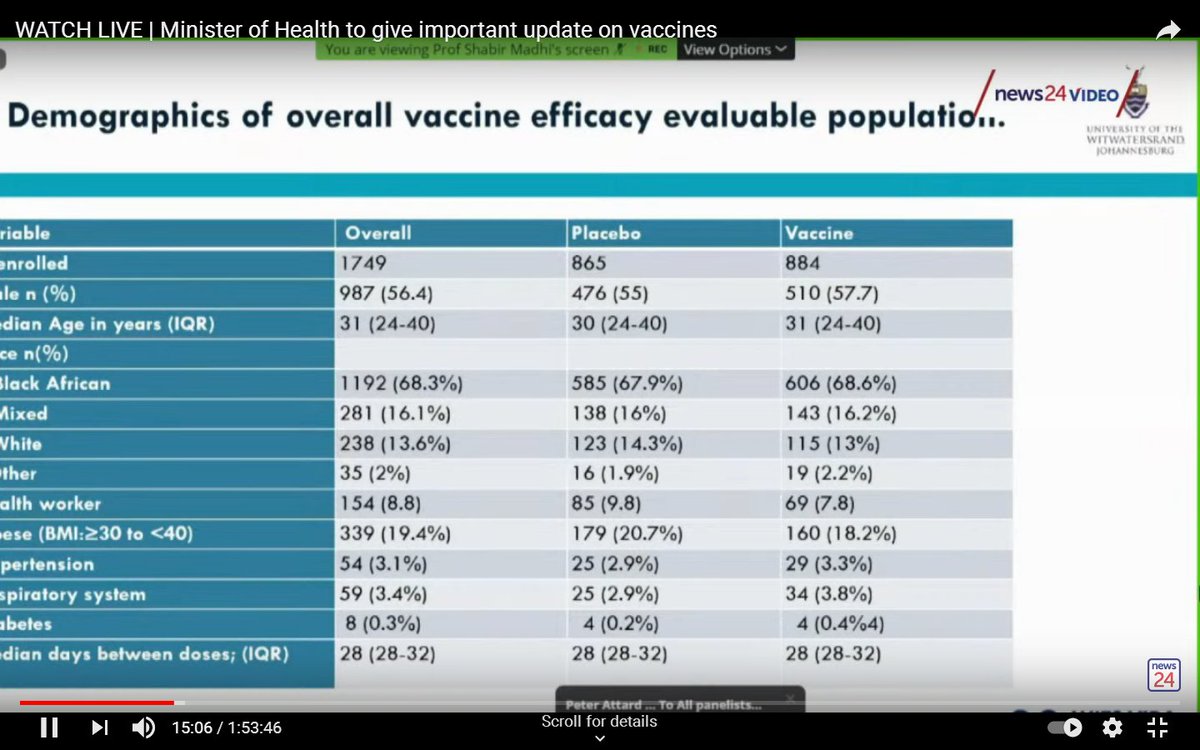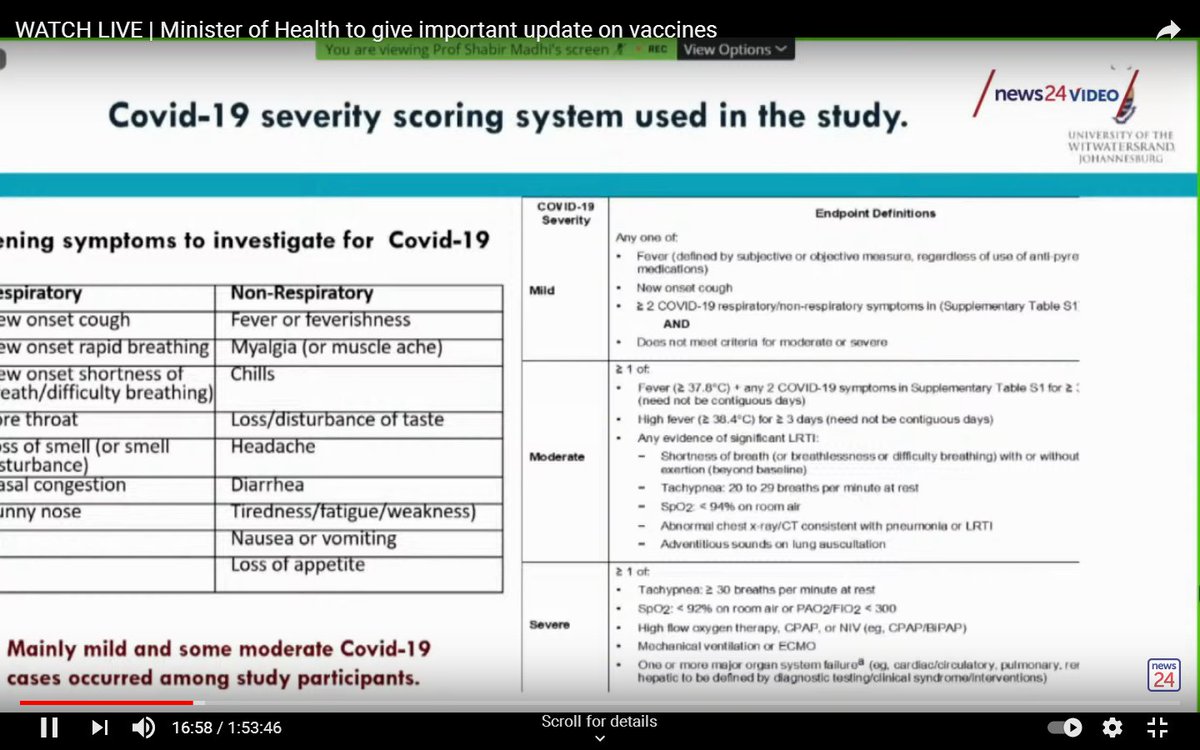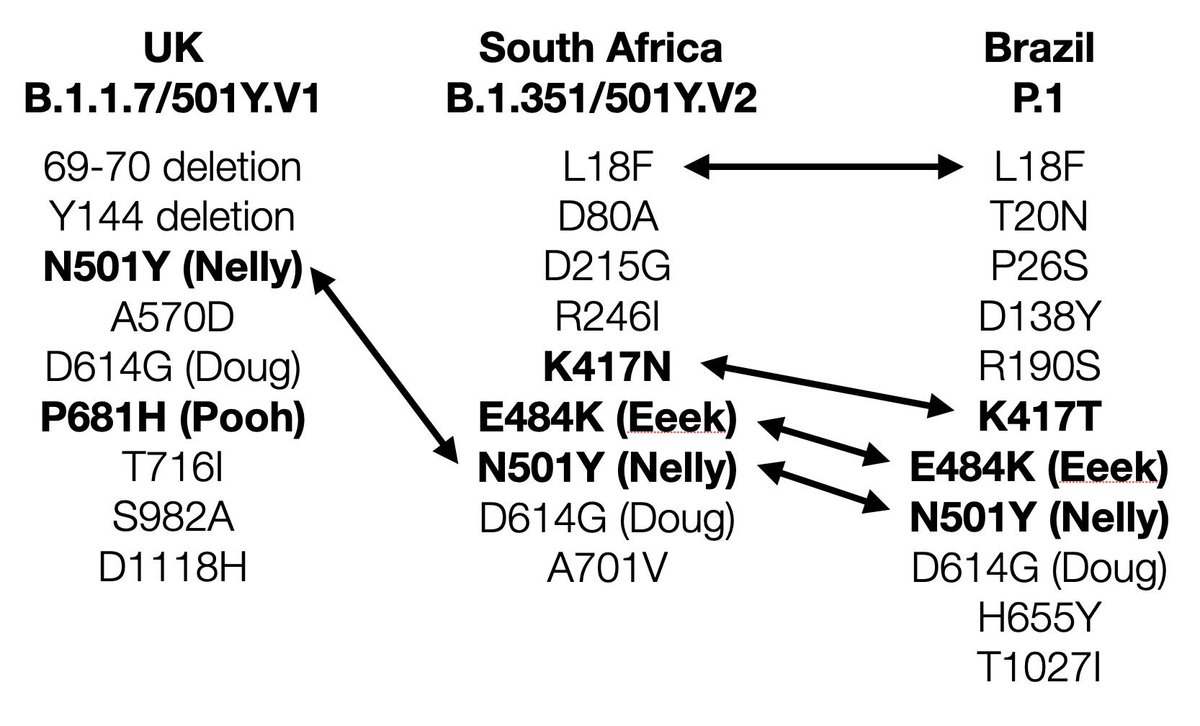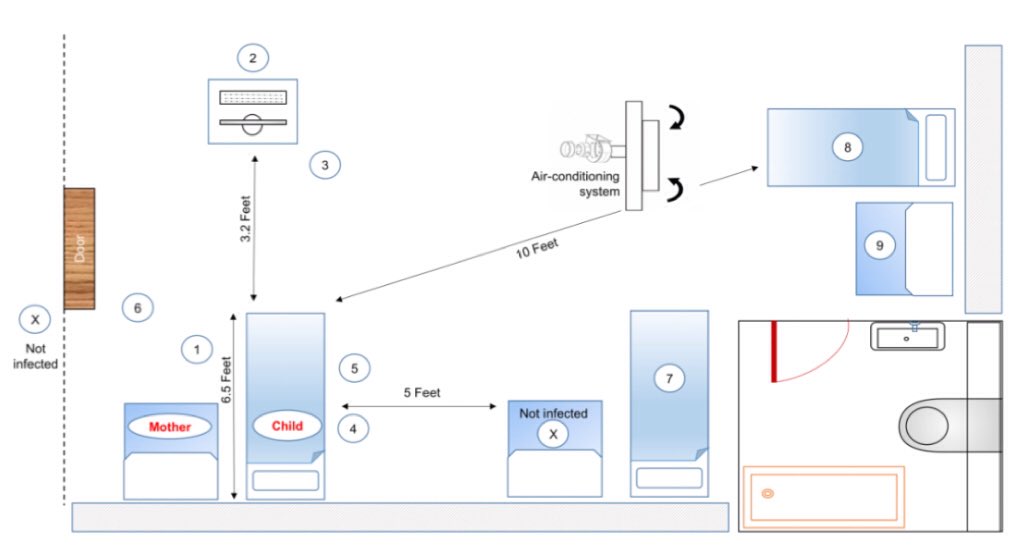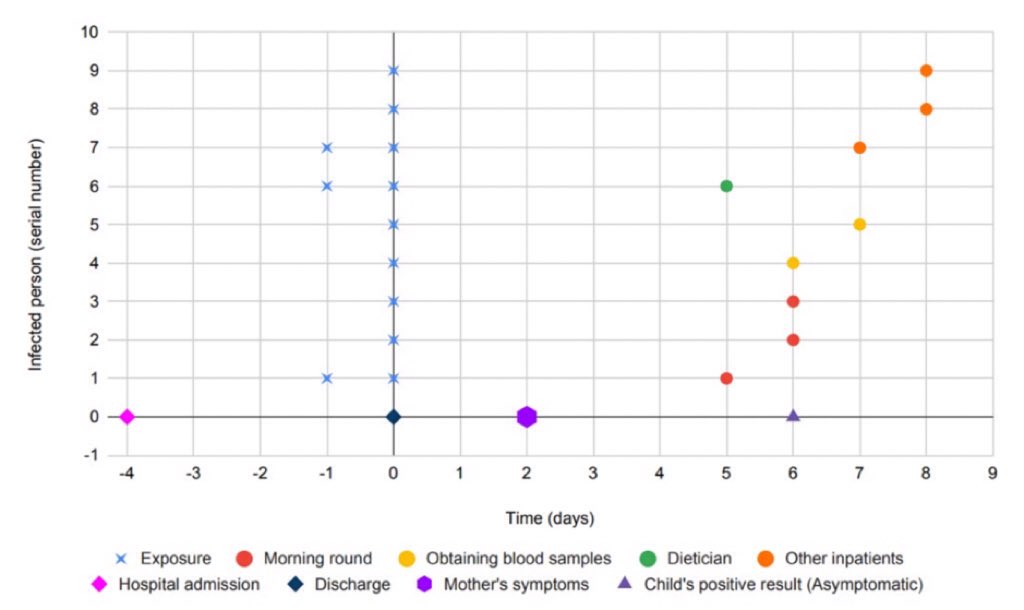
Here’s some good news. In this study of 514 people who received their first Pfizer vaccine dose, those who’d previously been infected showed a superior immune response compared to uninfected people, even if initial antibodies were no longer detectable.
eurosurveillance.org/content/10.280…
eurosurveillance.org/content/10.280…

Research has already shown that the vaccine acts like a super-booster in people who’ve been infected with SARS-CoV-2, suggesting that one dose may be enough for them.
However, it wasn’t clear if this would still apply if the antibodies from infection were no longer detectable.
However, it wasn’t clear if this would still apply if the antibodies from infection were no longer detectable.
This study shows that everyone got a boost, even if they no longer tested positive for antibodies.
A limitation is that the study only had 17 people with a previous infection (6 with detectable antibodies, 11 without), but the results are still reassuring.
A limitation is that the study only had 17 people with a previous infection (6 with detectable antibodies, 11 without), but the results are still reassuring.
One of the people who’d previously been infected was infected 10 months before vaccination.
Despite this 10-month gap, they still experienced a boost effect. This suggests immunity could be long-lived in some people. How many people? We don’t yet know. But it’s a promising sign.
Despite this 10-month gap, they still experienced a boost effect. This suggests immunity could be long-lived in some people. How many people? We don’t yet know. But it’s a promising sign.
This study may interest you, @Kaethelin. I remember you asking me a question about something related to this.
• • •
Missing some Tweet in this thread? You can try to
force a refresh

